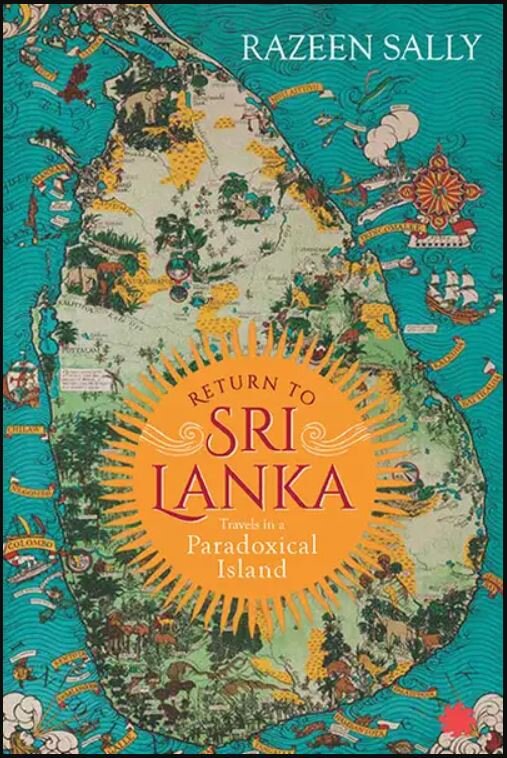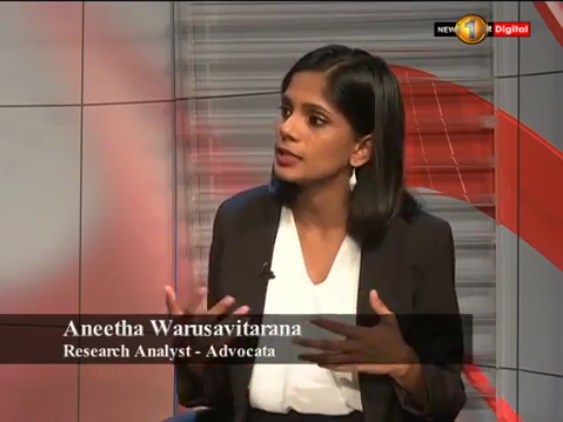First appeared in Daily FT , and Daily News.
Advocata Institute recently launched a study on removing barriers to micro and small entrepreneurs (MSEs) through regulatory and legislative reform. The economic contributions of MSEs are seen as one of the major driving forces pushing economic growth. However, regulations that govern these businesses can be a deterrent.
In order to gain a deeper understanding of the issues faced by Sri Lanka’s small businesses, Advocata is launching a story competition within this study. We invite individuals to submit their 600-800 word story, be it personal or about someone they know, on the barriers faced by MSEs today. The stories should also detail changes to the current system entrepreneurs think are needed, in order to overcome these challenges. Stories are accepted in Sinhala, Tamil, or English. The individual whose story wins first place will receive LKR 100,000. Second place will receive LKR 50,000 and third place will receive LKR 25,000. In addition to this, all shortlisted entries will receive valuable consolation prizes. The judges for this competition include Achala Samaradiwakara, Rukmankan Sivaloganathan, and Anushka Wijesinghe.
Small businesses make up over 90% of the total businesses in Sri Lanka. Not only do they employ close to 45% of total employment, they also contribute tremendously to our economy. A recent survey carried out by the Advocata Institute found that some of the main barriers to entrepreneurship are sourcing finance, sourcing raw materials, and low sales. Out of the businesses that had not been registered, 36% reported that they had tried to register but had failed due to the complex procedures that were involved.
Stories for the competition can be submitted through email to info@advocata.org, with the subject ‘My Entrepreneurship Story, Name’. Stories can also be submitted by sharing a public post on Facebook, Instagram or Twitter with the hashtag #MystoryLK, or by sending a direct message to @advocatainstitute on Facebook or @advocatalk Instagram. Further information can be found on the competition website
More details: https://mystory.advocata.org/










